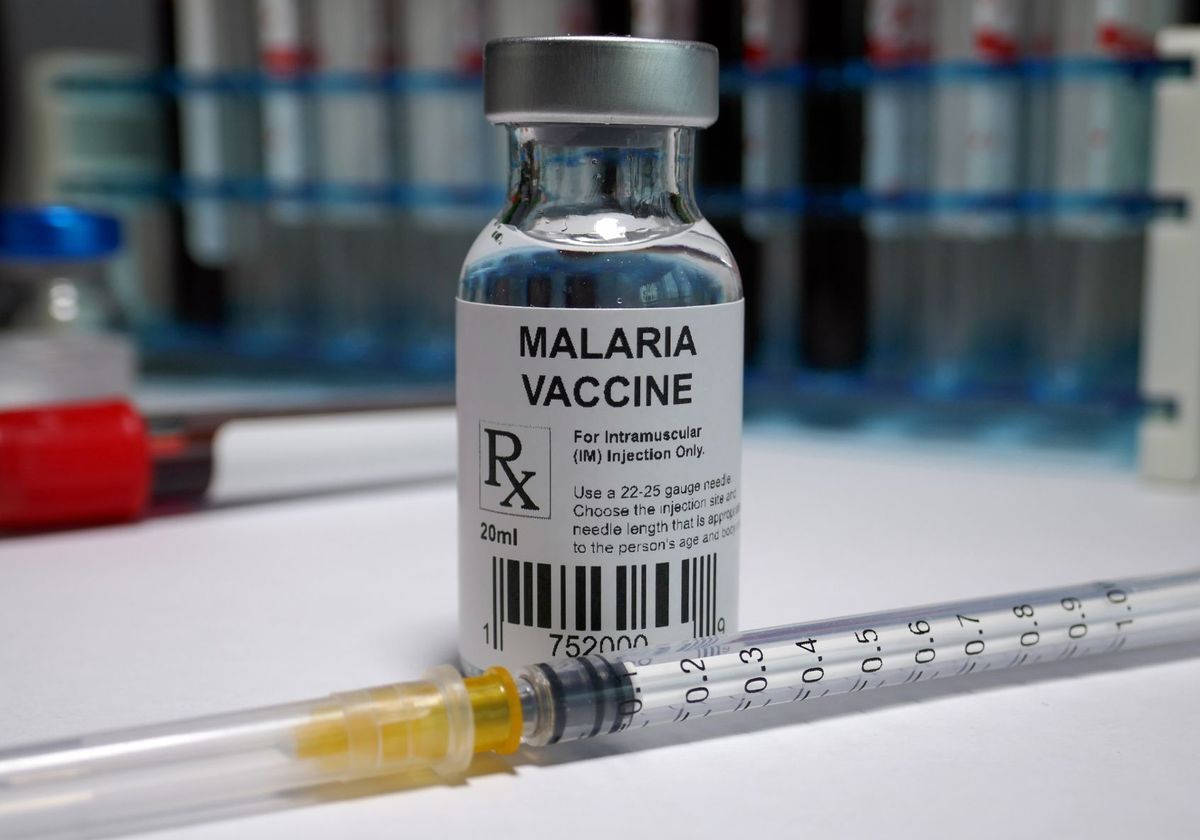In a significant step to combat the devastating impact of malaria, Cameroon initiated the first nationwide malaria vaccination program on Monday, a move hailed by the World Health Organization (WHO) as “historic.”
According to the WHO, the mosquito-borne disease claims the lives of over 600,000 people annually, with the majority of fatalities occurring in Africa. Children under the age of five constitute more than 80 percent of these deaths on the continent.
The RTS,S vaccine, following a successful pilot phase, is now being systematically rolled out across Africa, starting with Cameroon. The launch took place at a hospital in the town of Soa, situated 20 kilometers (12 miles) from the capital, Yaounde, where six-month-old Noah Ngah became the first recipient of the injection.
With cheers and encouragement from the medical staff, Noah received the jab, marking a significant moment for his mother, who anxiously awaited her twin daughter’s vaccination. “Some parents are reticent, but I know that vaccines are good for children,” said Helene Akono, the mother of the twins.
The vaccination effort spans 42 districts designated as priority areas in Cameroon, a country with a population of approximately 28 million people. The government has committed to providing the jab free of charge, offering it systematically to all children under six months old simultaneously with other obligatory or recommended vaccinations.
The WHO, UNICEF, and the Gavi vaccine alliance declared in November that this initiative is a “historic step towards broader vaccination against one of the deadliest diseases for African children.” Over 300,000 doses of RTS,S, the first malaria vaccine endorsed by the UN’s WHO, arrived in Yaounde in late November. The launch on Monday was the result of two months of meticulous planning.
Since 2019, over two million children in Ghana, Kenya, and Malawi have received the vaccine in a successful pilot phase, resulting in significant reductions in severe malaria illness and hospitalizations.
Cameroon’s program, coordinated by the WHO and largely financed by Gavi, marks the world’s first large-scale and systematic malaria vaccination program. Aurelia Nguyen, chief program officer of the Gavi vaccine alliance, emphasized the impact of the vaccine, stating, “In Cameroon, 30 percent of consultations are linked to malaria. Having a preventative tool like the vaccine will free up the health system and result in fewer hospitalizations and deaths.”
Burkina Faso, Liberia, Niger, and Sierra Leone are next in line to implement large-scale vaccination programs. While the rollout is a relief, Willis Akhwale, special adviser at End Malaria Council Kenya, cautioned that the vaccine is not a “silver bullet.” Despite its efficacy, which is not 100 percent, he noted that even at 40 percent, it is saving lives, particularly in the age bracket of two years old, where severe malaria is more prevalent.

